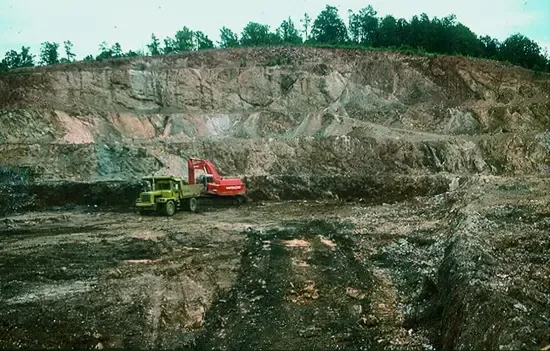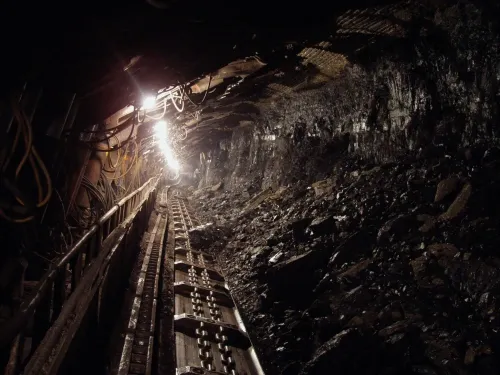PM Modi Launches National Critical Minerals Mission to Reduce Import Dependency and Support Net Zero Vision

Synopsis
Key Takeaways
- National Critical Minerals Mission aims to decrease import reliance.
- Budget of Rs 16,300 crore with Rs 18,000 crore investment expected.
- Covers all stages of the value chain from exploration to recovery.
- Critical minerals are essential for sectors like electronics and renewable energy.
- Collaboration with Australia for lithium and cobalt projects.
New Delhi, Jan 30 (NationPress) Prime Minister Narendra Modi announced on Thursday that the National Critical Minerals Mission, which has received Cabinet approval, aims to decrease import reliance, bolster domestic value chains, and contribute to India's 'Net Zero by 2070' ambitions.
In response to an article by Union Minister G Kishan Reddy concerning the National Critical Mineral Mission (NCMM), PM Modi shared on X: “Union Minister Shri @kishanreddybjp details how the National Critical Minerals Mission seeks to reduce import reliance, enhance domestic value chains, and assist India's 'Net Zero by 2070' objective.”
The National Critical Mineral Mission (NCCM) is set to launch with a budget of Rs 16,300 crore and an anticipated investment of Rs 18,000 crore from public sector undertakings (PSUs).
This initiative will cover all aspects of the value chain, such as mineral exploration, mining, beneficiation, processing, and recovery from end-of-life products.
The mission will boost the exploration of critical minerals both domestically and in offshore regions. Moreover, it aims to establish a rapid regulatory approval system for critical mineral mining ventures, as per an official statement.
Furthermore, the mission will provide financial incentives for critical mineral exploration and encourage the extraction of these minerals from overburden and tailings.
Critical minerals, including lithium, chromium, nickel, graphite, cobalt, titanium, and rare earth elements, are vital raw materials for industries such as electronics, electric vehicles, renewable energy, defense, and high-tech telecommunications.
At present, the extraction of these minerals is largely controlled by a few nations, including China, which renders the supply chain susceptible to geopolitical risks.
India is seen as a potential alternative supply chain that must be cultivated to reduce China's dominance in this essential sector. Currently, India relies predominantly on imports to satisfy its demand and is also looking for mining opportunities overseas.
The country has formed a partnership with Australia, the leading producer of lithium, which accounts for about 47 percent of the mineral's global supply. A government-to-government agreement has been formalized between the Ministry of Mines and DSIR, under which five lithium and cobalt projects have been identified for feasibility assessments.
In line with the 'Atmanirbhar Bharat' initiative, and acknowledging the critical role of essential minerals in high-tech sectors, clean energy, and defense, the government has initiated numerous measures in the last two years to tackle challenges within the critical minerals domain.









